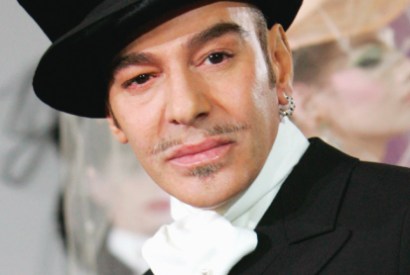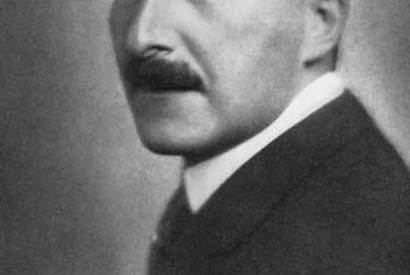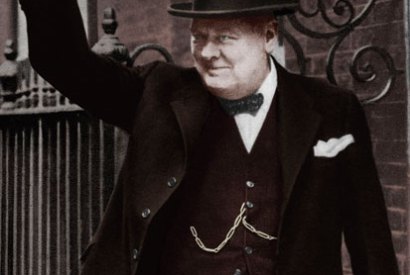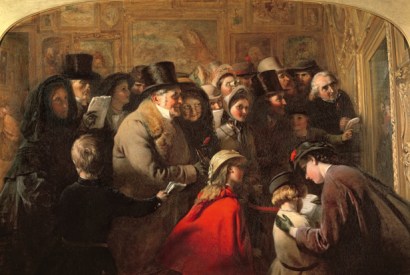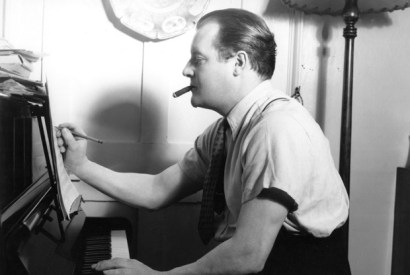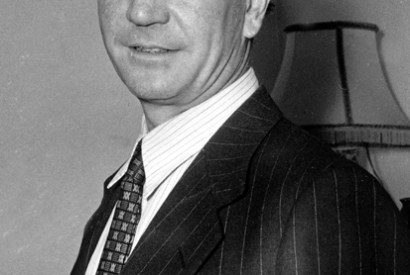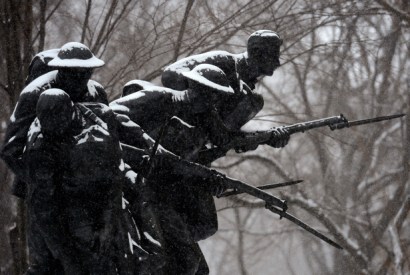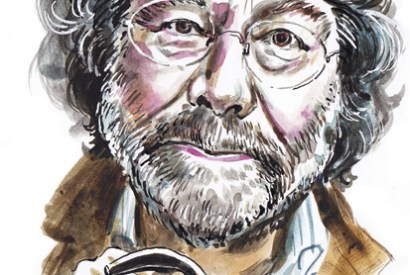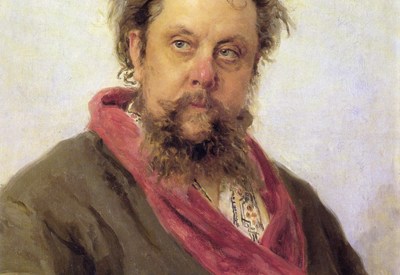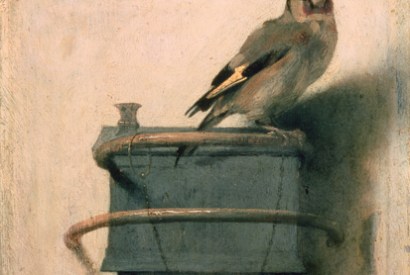Go Set a Watchman should never have been hyped as a ‘landmark new novel’, says Philip Hensher
Philip Hensher on the tangled history of To Kill a Mockingbird’s much-anticipated ‘sequel’
Carnage on the home front: revisiting a forgotten disaster of the first world war
Philip Hensher on a little-known episode of first world war history when a munitions factory in Kent exploded in April 1916, claiming over 100 lives
Plumber, taxi driver, mystic, musician — the many facets of Philip Glass
Philip Hensher infinitely prefers the words to the music of the maverick ‘minimalist’ composer
Drink, drugs and dressing-up: behind the scenes of the fashion industry
Philip Hensher explores a dangerously intoxicating world, and discovers just how quickly famous designers can become an irrelevance
Royal Opera's Un ballo in maschera: limp, careless and scrappy
Whether by chance or bold design, the Royal Opera’s two Christmas shows were written at precisely the same moment, between…
Stefan Zweig: the tragedy of a great bad writer
Stefan Zweig wasn’t, to be honest, a very good writer. This delicious fact was hugged to themselves by most of…
Does Boris Johnson really expect us to think he’s Churchill?
An eccentric, thoroughgoing genius, surfing every wave with a death-defying self-belief — Philip Hensher wonders who Boris Johnson can be thinking of
Nabokov’s love letters are some of the most rapturous ever written
Vladimir Nabokov was happily married for over 50 years and rarely apart from his wife. More’s the pity, discovers Philip Hensher
Germans see the best of their soul in Weimar. Everyone else, on the other hand..
For centuries hailed as the home of poetry, music and liberalism, Weimar was ruthlessly exploited by the Nazis and later served as a showcase for communism, says Philip Hensher
The age of the starving artist
Philip Hensher on the precarious fortunes of even the most gifted 19th-century artists
Thug, rapist, poetic visionary: the contradictory Earl of Rochester
Philip Hensher on the scandalous 17th-century courtier whose hellfire reputation has overshadowed his fine satirical poetry
The wit, wisdom and womanising of Constant Lambert
Philip Hensher on the tragically short life of the ebullient and multi-talented musician, Constant Lambert
Up close and personal
In recycling his most intimate encounters as fiction – including amazing feats of promiscuity in small-town New England – John Updike drew unashamedly on his own experiences for inspiration, says Philip Hensher
Kim Philby got away with it because he was posh
Kim Philby’s treachery escaped detection for so long through the stupidity and snobbery of the old-boy network surrounding him, says Philip Hensher
When intellectuals are clueless about the first world war
No one alive now has any adult experience of the first world war, but still it shows no sign of…
If only Craig Raine subjected his own work to the same critical scrutiny he applies to others'
Debunking reputations is now out of fashion, says Philip Hensher, and Craig Raine should give it up — especially as he always misses the point
Why do we pounce on Wagner's anti-Semitism, and ignore that of the Russian composers?
Philip Hensher on how an impassioned, chaotic group of amateur 19th-century composers created the first distinctively Russian music
Donna Tartt can do the thrills but not the trauma
Donna Tartt is an expert practitioner of what David Hare has called ‘the higher hokum’. She publishes a long novel…
Salinger, by David Shields - review
This biography has somewhat more news value than most literary biographies. Its subject worked hard to ensure that. After 1965,…
Philip Hensher reviews the Man Booker prize longlist
The Man Booker prize has strong years and weak years. There have been ones when the judges have succeeded in…
Churchill and Empire, by Lawrence James - a review
Philip Hensher says that Churchill’s engagement with the empire does not reveal him at his finest hour






